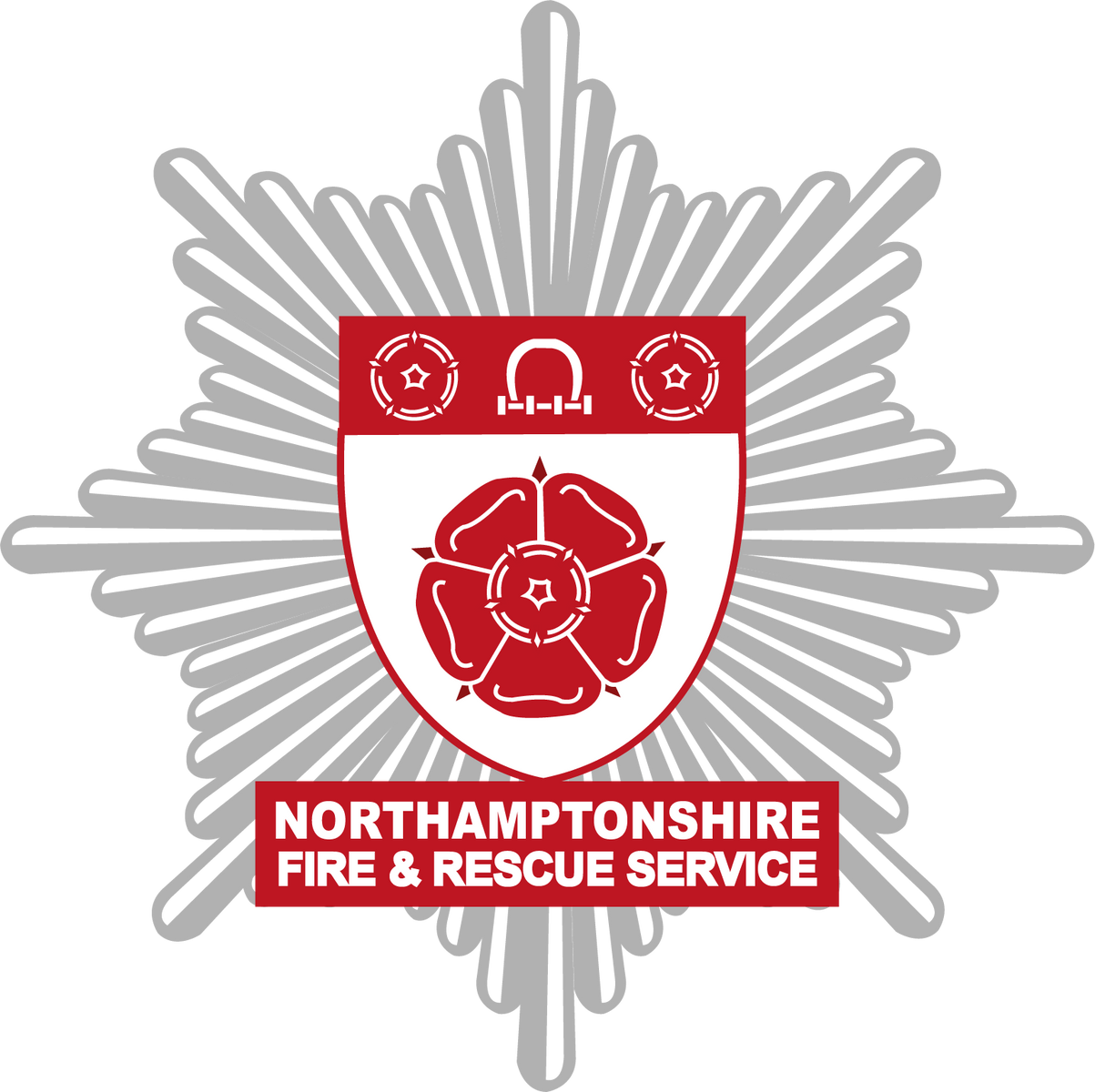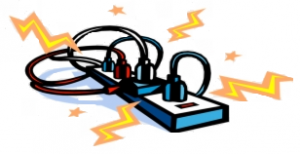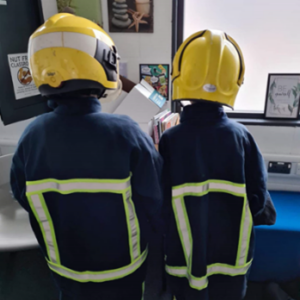
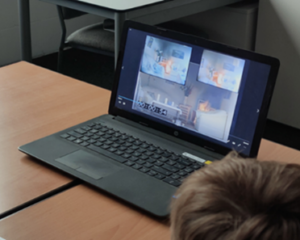
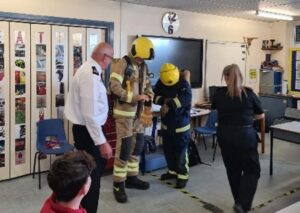
Firesetter & Hoax Caller Intervention Scheme
The Firesetter/Hoax caller Intervention scheme works with children and young people – from the age of 4 years to 18 years – who have an unhealthy fascination with fire or who have set fires whether in the home or in the community.
Firesetting is not usually a ‘one-off’ – one in two fire setters will go on to repeat the behaviour without intervention.
If you know a child or young person you are concerned about, or you have spotted worrying signs, please talk to us. It is important to act if you are worried about a child who displays firesetting behaviour. Whatever the child’s motives, fire setting should never be ignored. You could save their life – and the lives of others.
Signs of Firesetting Behaviours
- an unusual or unhealthy fascination with fire
- clothes smelling of smoke
- hidden matches or lighters
- burn marks in clothing, carpets, furniture or windows sills
- small unexplained fires in or around the home
Hoax Calls
Emergency services are issuing a serious reminder to the public following a concerning rise in the number of hoax calls received in recent months.
Hoax calls not only waste valuable time and resources but also have the potential to put lives at risk by diverting emergency services away from genuine incidents. These calls are not harmless pranks; they are illegal and dangerous and every second counts in an emergency and a hoax call could delay help to someone in real need.
Making a deliberate hoax call to emergency services is a criminal offence. Offenders could face prosecution with penalties including a fine of up to £5,000 and/or six months in prison. Emergency services also have the power to request the disconnection of phones used to make repeated hoax calls.
The Arson Task Force, urge everyone to think twice before making a hoax call and to help spread awareness about the serious consequences of such actions.
What help and support do we provide?
Prior to completing a referral, consent MUST be obtained from parents/carers. The team triages all referrals, to establish whether an intervention is appropriate based on the current needs of the child/young person.
We collaborate closely with partners to ensure we have up to date and correct information, to allow us to deliver a suitable intervention.
Where possible, we will attempt to complete the first visit in the child’s home environment to enable us to build a rapport and to assess the safety of all occupants. The practitioner will work with the child or young person and their carers to find out more about what has been happening and to establish a trusting relationship.
Further sessions typically take place at school or another suitable location where the intervention can be completed.
The intervention is designed to be non-confrontational; it is proven that education and an understanding approach is more effective at changing fire setting behaviour. Each session is age appropriate and tailored to suit the child’s individual needs and abilities.
A home fire safety visit is offered for all referrals where we can share advice on fire safety and fit free smoke alarms where required.
What happens afterwards?
Upon completion of the intervention work, a report is written, to demonstrate engagement and understanding of the child and young person and can be shared with partners at their request, i.e. with social care/youth offending service.
We may get in touch at 6 to 12 months to check how things are going and offer any further advice and guidance or support if necessary.
School Education
We often see an increase in youth related anti-social behaviour and deliberate fires, during school holidays, particularly the long summer break.
We also deliver group work and school assemblies, upon request, to help raise awareness to provide education on the of the dangers and consequences of deliberate firesetting particularly in the community.
What about children with Neurodiversity and SEND?
Intervention sessions are tailored to meet the needs of all children and young people. The team come from a variety of working backgrounds including, Operational Firefighters, Children’s Social Care, Safeguarding and Education and Youth Offending Service and have experience in working with Neurodiversity, SEND, ACE’s and Trauma.
Tips for keeping safe
- Ensure the home has working smoke alarms
- Make a home fire safety plan with all occupants within the home
- Never leave children unsupervised near open flames, fireplaces, stoves, or candles.
- Talk to children about fire safety and the serious impact that deliberate fires can have on the community and the risk to firefighters’ lives
- Keep sheds and garages locked to prevent children from accessing tools and flammable materials
How to make a referral
If you have concerns about a child or young person who has an unhealthy fascination with fire or who is displaying fire setting behaviours, you can make a referral to the Arson Task Force using the following link – Click here to submit a CYP Firesetter & Hoax Caller Intervention Referral
We accept referrals from Parents/Carers and Professionals.
You can also contact us via email for advice and guidance at: arsontaskforce@northantsfire.gov.uk or via telephone:
- Andy Evans – Arson Reduction Coordinator – 07833295820
- Kelly Crockett – Arson Reduction Coordinator – 07973880565
In the event of an actual fire dial 999 in the first instance!
